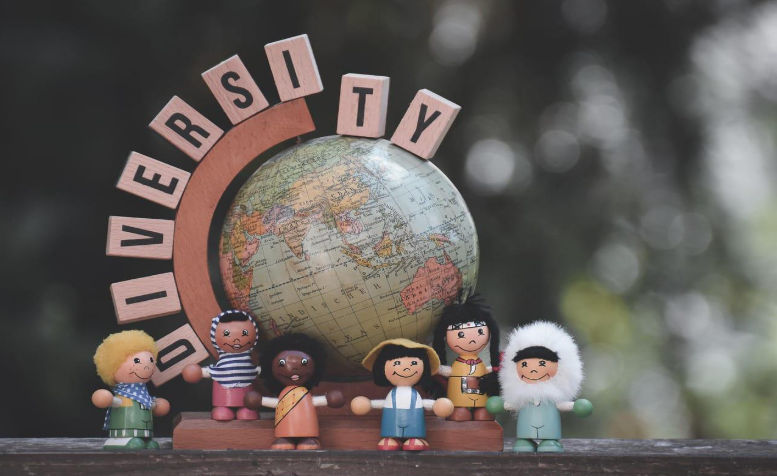The Importance Of Preserving Mother Tongue
Preserving the mother tongue ensures the maintenance of cultural diversity and linguistic heritage, connecting children to their roots.
07-03-2025With over 7,000 languages spoken worldwide, each language carries unique ways of seeing and describing the world, making it a powerful identity marker.
Language and identity are deeply connected. Language is not merely a tool for communication; it is a fundamental aspect of our being and a key part of who we are. It connects us to our culture, shapes our thinking, and influences how others perceive us. The relationship between language and identity is deep and complex, impacting many areas of our personal and social lives. Language often serves as a symbol of a person’s background. How someone speaks can reveal where they come from, which community they belong to, and sometimes even their values. For example, a person who speaks a regional dialect may feel strongly connected to their local culture. This dialect serves as a badge of identity, illustrating pride in one’s roots. With over 7,000 languages spoken worldwide, each language carries unique ways of seeing and describing the world, making it a powerful identity marker. In this article, we will explore the relationship between language and identity.
Each language carries the history, traditions, and worldview of the people who speak it. Through language, we learn the customs, stories, and beliefs of our community. When people grow up speaking their mother tongue, they often develop a strong sense of belonging to their culture. On the other hand, losing a language, especially through forced change or migration, can lead to a loss of cultural identity.
The language we use also shapes how we see ourselves. A bilingual person, for instance, may feel like they have more than one identity. They may act or think differently depending on which language they are using. This shift is not fake, it reflects the flexibility of human identity and how language can influence our emotions, thoughts, and behaviour.
In many places, the choice of language can also reflect social status, education, or group membership. People sometimes change how they speak depending on who they are talking to. This is called "code-switching." It is a way of adjusting to different social situations. While this can be useful, it can also bring pressure to hide or change parts of one’s identity to fit in.
Language is closely linked to power. Dominant languages often shape public life, while minority languages may be pushed aside. When a language is ignored or disrespected, the identity of its speakers is often harmed. That is why efforts to protect endangered languages are not only about words, they are also about respect and human dignity.
Language and identity are closely linked. Language shapes how we see ourselves and how others see us. It is a living expression of our backgrounds, cultures, and values. Understanding this relationship helps us appreciate the diversity of human experience and the importance of preserving linguistic and cultural heritage.
Spread the Knowledge! 🚀
Found this article useful? Click the Share button below and let others benefit too!

Preserving the mother tongue ensures the maintenance of cultural diversity and linguistic heritage, connecting children to their roots.
07-03-2025
Every time a language disappears, humanity loses a thread in its rich tapestry.
25-07-2025
Language diversity is not merely a cultural asset, it is a vital thread in the tapestry of humanity. Each language contributes to the richness of our shared human experience.
24-04-2025